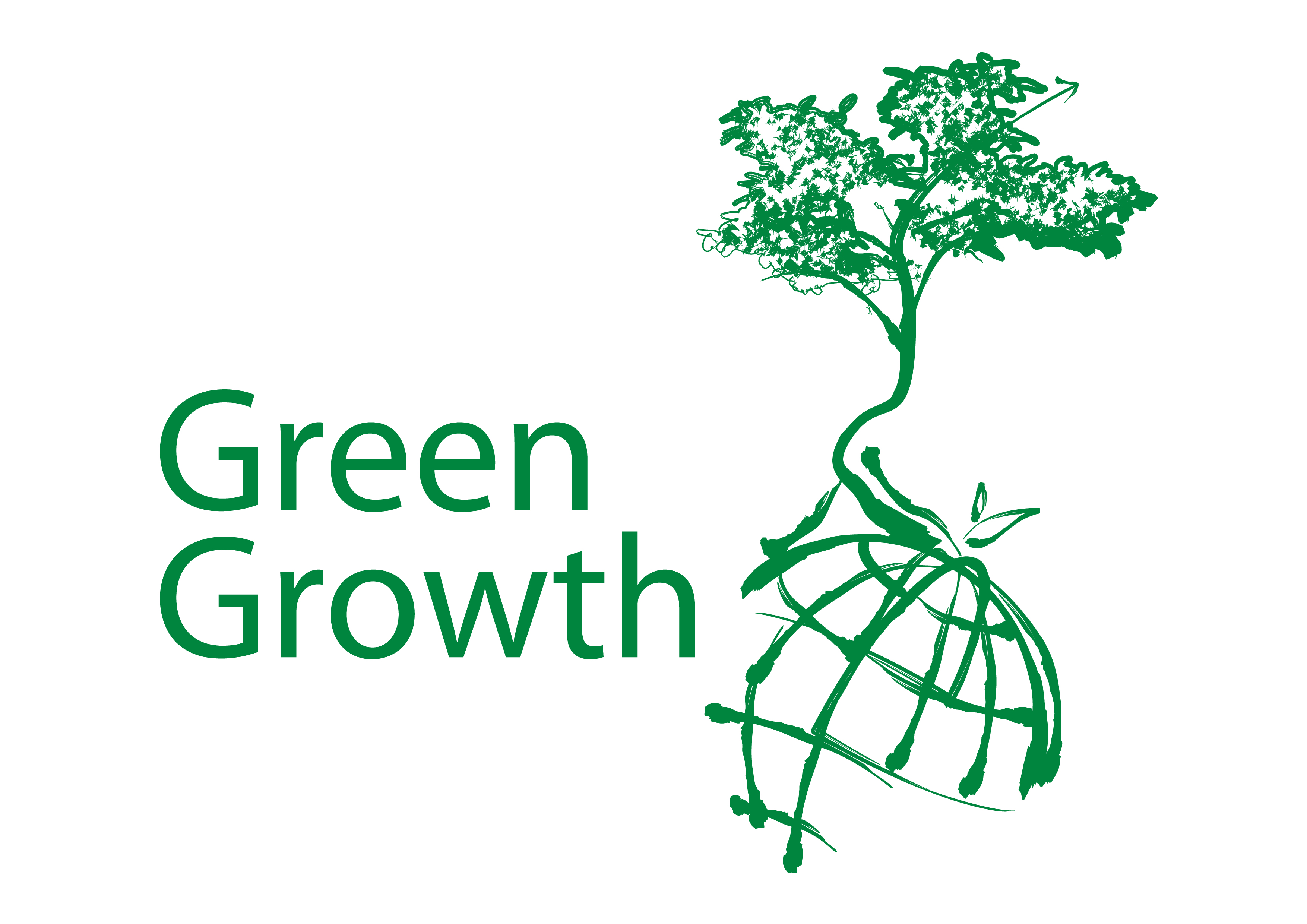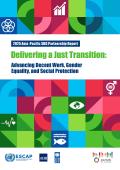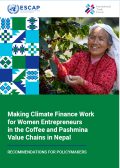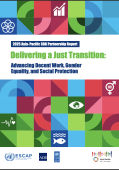
The United Nations Economic and Social Commission for Asia and the Pacific (ESCAP) is the regional development arm of the United Nations for the Asia-Pacific region. Made up of 53 Member States and 9 Associate Members, with a geographical scope that stretches from Turkey in the west to the Pacific island nation of Kiribati in the east, and from the Russian Federation in the north to New Zealand in the south, the region is home to 4.1 billion people, or two thirds of the world’s population. This makes ESCAP the most comprehensive of the United Nations five regional commissions, and the largest United Nations body serving the Asia-Pacific region with over 600 staff.
Green Growth was adopted as one of the strategies to achieve sustainable development specifically aims at improving the ecological quality of growth at the 5th Ministerial Conference on Environment and Development (MCED-5) convened by ESCAP in Seoul, March 2005. The 61st and 62nd ESCAP Commission Sessions have endorsed the outcomes of the MCED-5 and have requested the ESCAP secretariat to continue acting as the catalyst for a conducive environment for Green Growth through developing the conceptual and analytical framework and by providing capacity building support to the Governments.

In June 2013 at the Rio+20, ESCAP launched a Low Carbon Green Growth Roadmap, which outlines a blueprint of how Green Growth polices that re-examining the conventional growth paradigm, while show-casing that economic prosperity can go hand-in-hand with ecological sustainability. Since 2008, ESCAP is providing capacity development support to countries in the Asia-Pacific region, including through an on-line e-learning facility.



